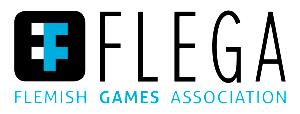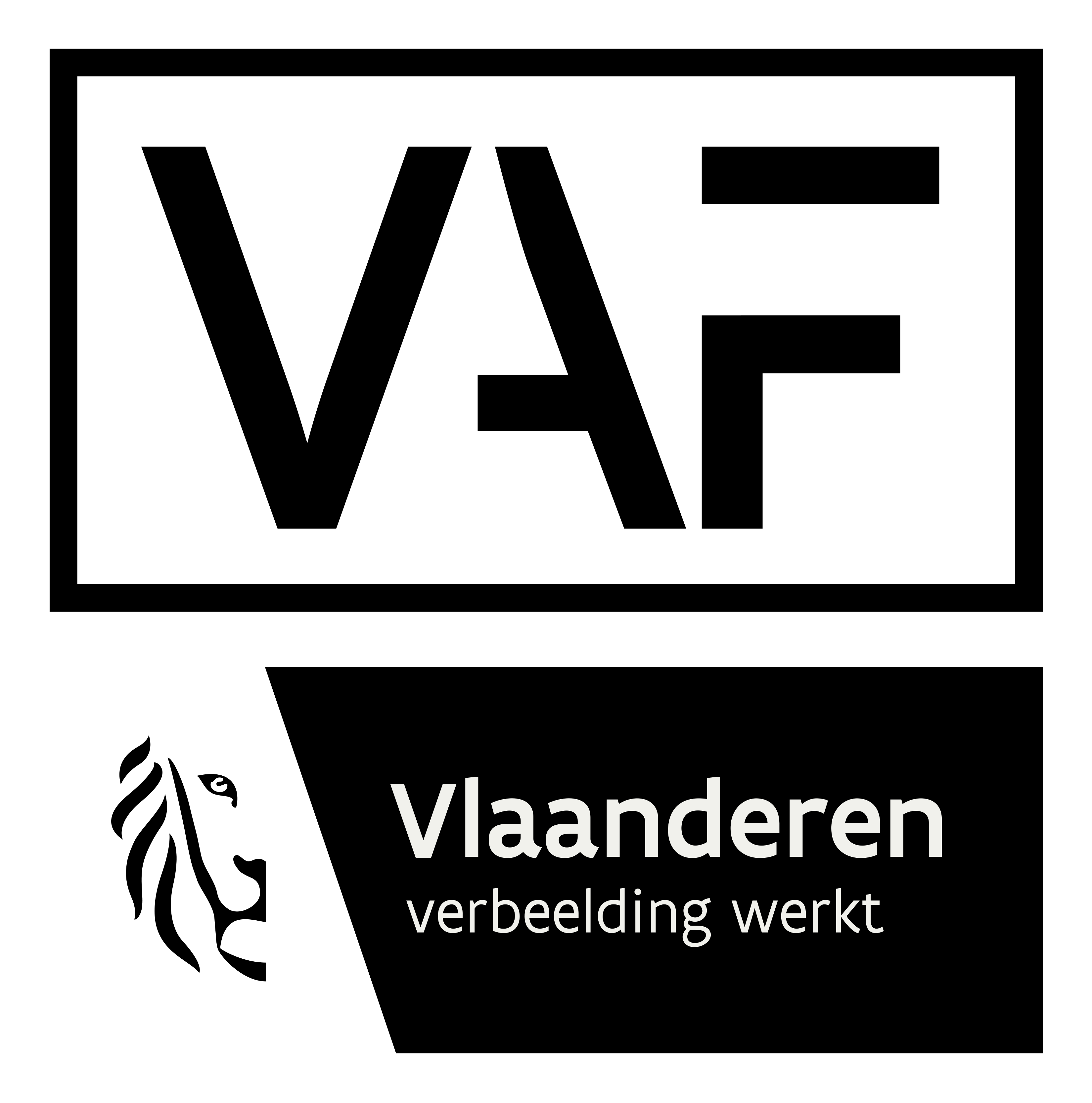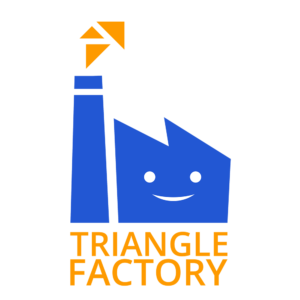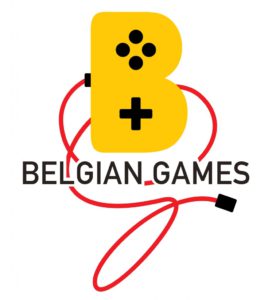
Prior to the start of our annual BelgianBeerCafe at gamescom, the results of our most recent #BelgianGamesIndustry survey were announced. In case you had so much fun (can’t blame you!) that the details are a bit fuzzy already, here’s a comprehensive recap of the state our beloved industry is in.
One of the most exciting things to notice is our game companies are able to survive longer and longer. Well over 50% of game companies in Belgium were founded more than three years ago, and one in three has even been around for five years or longer. Fueled by highly succesful educational programs in game development, another 13 new game companies joined our industry last year, bringing the grand total to 95. That’s a spectacular 32% increase since 2015.
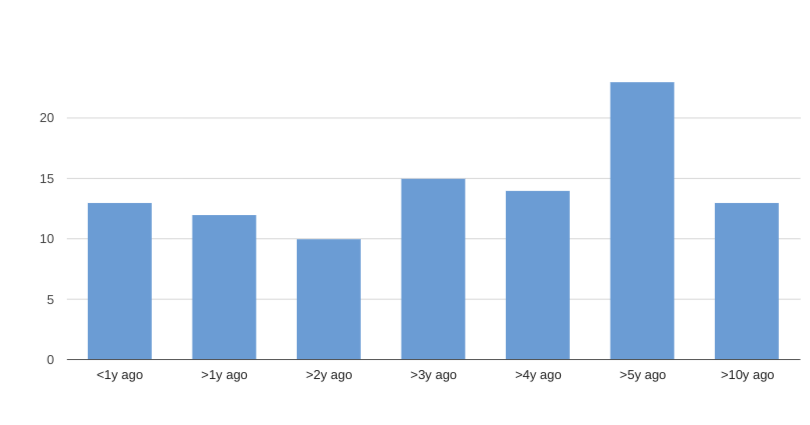
Geographically, you’ll find 70% of companies in Flanders, 25% in Wallonia and 5% in Brussels. Unsurprisingly, more than half of these companies are game studios. Combined with the majority of 13% of freelancers who are in game development, most people in our industry are busy with crafting actual games. The majority of game productions are entertainment games, although one in three studios has a focus on serious games.
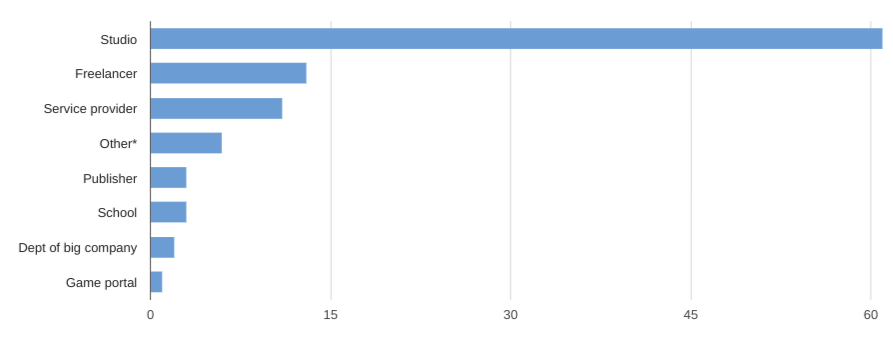
Over the past years creating games in Belgium has transformed from chasing a wild dream into a realistic career path, but that doesn’t mean we’re out of the woods. Even though the total turnover of our industry reached a record € 93 million in 2018, we’re well aware the majority of that income is generated by the continued international success of Larian Studios. If our industry is to take the next jump, we’ll need more than just one studio to hit the big leagues.
The assembly of MP’s and mainstream media that were led around the fair today, with stops at both our stunning Belgian Games booth in the business area and big players such as Sony and Nintendo on the entertainment floor, will have seen there are plenty of ambitious studios who’d like nothing more than to be the next big Belgian breakout hit. But we also might have to face the reality that it’s not going to happen without extra investments.
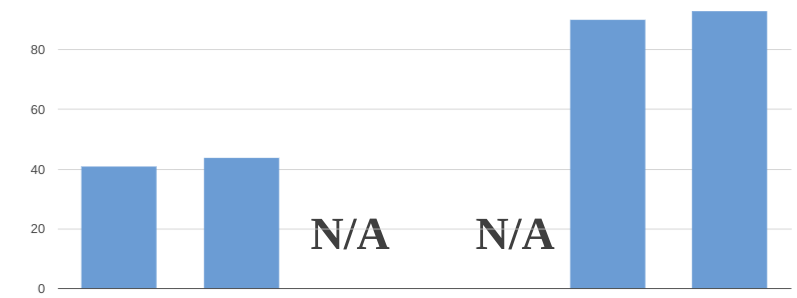
Another challenge will be to encourage more women to join our industry. The cliche image of the games industry being a boys club is heavily confirmed by the statistics: 93% of game workers in Belgium identifies as male. If you look at the gender split in our educational programs, these numbers are hardly surprising, with DAE citing 15% of female students. Globally, the split is around 80/20, and even though the drive to create games has to be born out of passion for the medium and not gender, a more diverse workforce will result in more diverse and therefore interesting insights. In that respect, we should at least try to get these numbers in line with the global average.
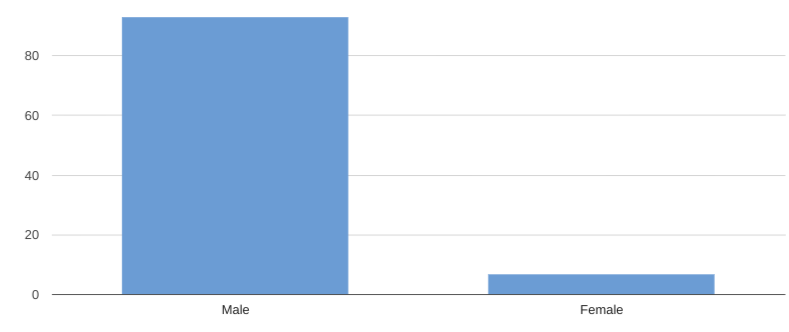
Maybe it’s the Duvel talking, but FLEGA’s own David Verbruggen looks pleased with the results. “We’re proud of the Belgian results as a whole, achieved together with our colleagues from Brussels and Wallonia. Both our turnover and workforce keep expanding, and the fact that 36% of our companies are older than five years is proof of further maturation of our industry. We’re still looking at a rather fragile ecosystem though, as only a couple of companies, Larian Studios on top, are responsible for the majority of these numbers.”
